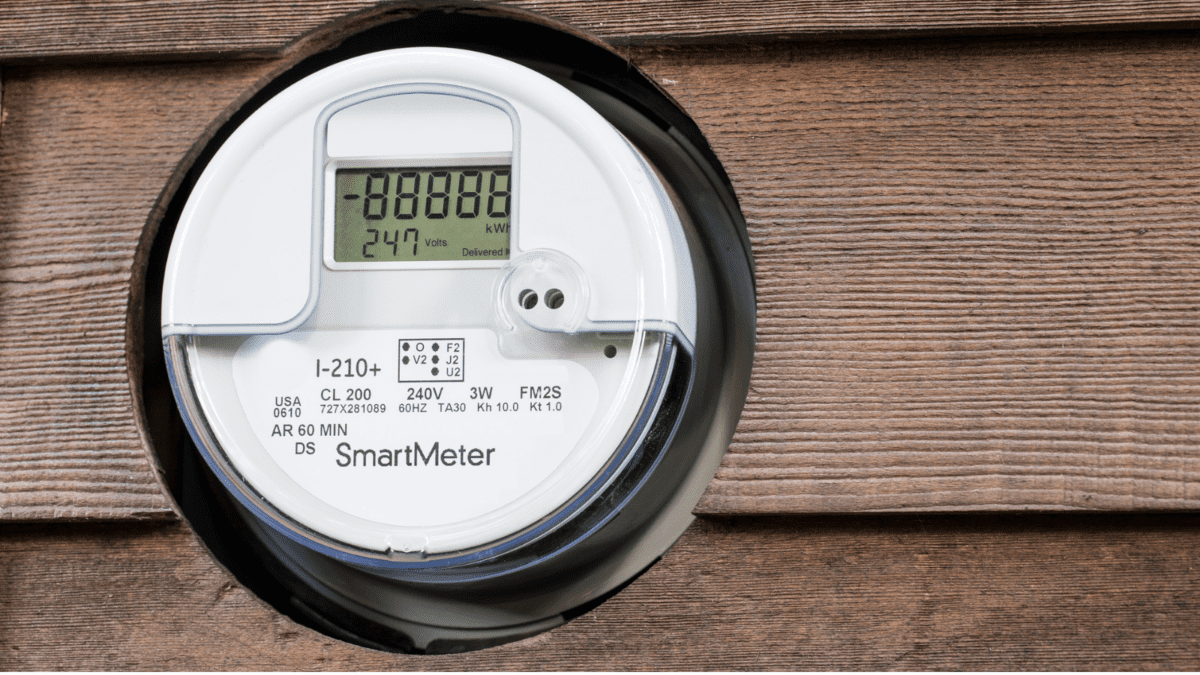Dogs of the ASX for 2022
Will yesterday’s losers become tomorrow’s winners?
While the year to date has been a volatile year filled with investor concerns, most of the companies in the S&P/ASX 200 managed to shake off the Covid-19 blues, rising inflation worries and tightening monetary policy concerns. However as always, there is a list of share market darlings that have turned into share market dogs and are yet to recover.
The below table is a list of the top 10 stocks that have recorded the largest falls in the S&P/ASX 200, year-to-date.

COVID-Winners – Rose during COVID, no losers
Some of the themes that stand out here are the COVID-winners. During the early onset of COVID-19, the immediate impact saw the demand for services that could be performed remotely or provide solutions to the challenges of reduced personal interactions, increase significantly. This helped create and prop up the buy-now, pay-later (BNPL) sector with Afterpay (now Block Inc [ASX:SQ2]) and Zip Co (ASX:Z1P) allowing people to conduct cashless transactions.
Retailers that were able to transform to an online offering stood to benefit from a shift to online retailing during lockdown. Stocks also include Kogan.com (ASX:KGN), EML Payments (ASX:EML) and Pointsbet Holdings (ASX:PBH).
Looking at the chart below, Z1P, KGN and PBH have all followed a similar journey. After the initial fall caused by the onset of COVID, they all skyrocketed as the market was in high demand for their product/service. Post-COVID, all three are trading below their pre-pandemic levels.

Poor investment decisions during COVID
Investment managers caught holding the wrong stocks during COVID were dealt a double whammy with their funds under management suffering a direct hit due to potential redemptions by concerned investors, on subdued investment performance and a share price hit. Magellan Financial Group (ASX:MFG) suffered a 71.4 per cent fall on poor investment decisions during the pandemic, which led to co-founder Hamish Douglass relinquishing his seat on the company’s board, as part of his indefinite leave of absence since stepping away from the chief investment officer role. Platinum Asset Management (ASX:PTM) also fell 47.8 per cent, while Pendal Group (ASX:PDL) fell 31.4 percent and AMP fell 38.8 percent.
Workforce constraints & supply chain disruption
The pandemic reshaped the way business was conducted for most industries. Border closures and travel restrictions created a backlog of cargo ships at ports which led to massive supply disruptions for industries dependent on raw materials or niche products such as semiconductors. COVID-19 also created a shortage in the workforce, especially for mining and mining services companies. The flip side of the coin was that many mining companies are trading at or above pre-pandemic levels, due to the electric vehicle (EV) battery boom. Lithium miners have been the highest-returning companies year to date.
Rising dollar strength & bond yields
The other thematics at play are the rising dollar strength and bond yields and company-specific announcements. Gold, although it does not generate a yield for investors, is seen by many as a store of wealth, and so often falls in the face of rising interest rates. The US Federal Reserve will raise its benchmark federal-funds rate by one-quarter of a percentage point to a range between 0.25% and 0.5%, the first rate increase since 2018. It has also indicated that it will continue to raise rates in the future. Expect gold will continue to lose its shine as rates go up.
Many of our local investment managers are trading on low price/earnings (P/E) ratios and look cheap at these levels. PDL is trading on a P/E of 8.62 times ($1.72 mcap), AMP on a P/E of 9.55x ($3.12 mcap), MFG on 10.5x ($2.85 mcap) and PTM on 10.65x ($1.25 mcap). The harsh sell-off that followed after poor investment performance during COVID is a mere speedhump in performance. It has many analysts saying the sell-off is well overdone. Funds under management at many of these firms will likely grow from the pandemic lows as things return to normal.
The same can be said about recovering sales to pre-COVID levels at Zip Co and Kogan.com.









